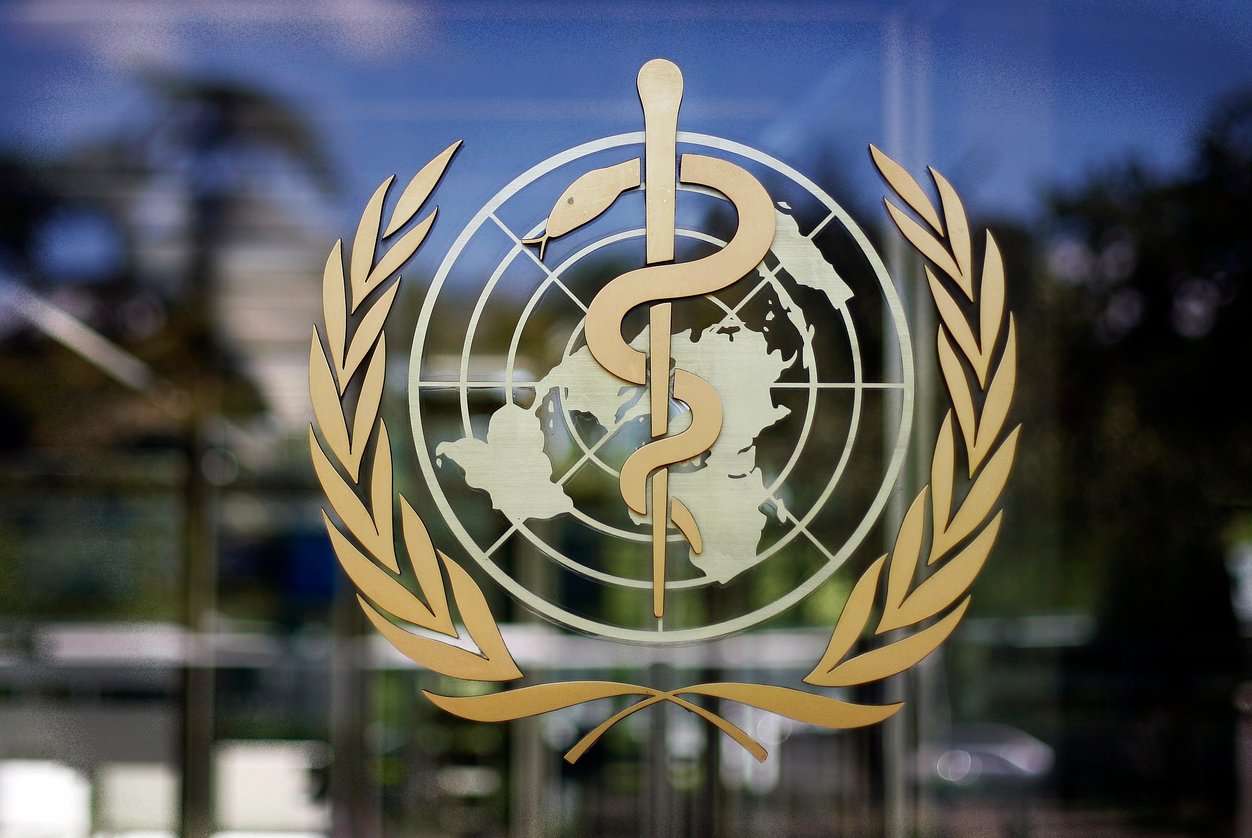Closer Look
Covid and mpox aren't gone, but WHO's emergencies may soon be

Anja Niedringhaus/AP
Is it time to flip the emergency switch to "off" for Covid and mpox? Public health experts told STAT's Helen Branswell yes, while suggesting such a black-and-white scenario doesn't capture the nuance of what it means to respond to such serious, sudden, unusual, or unexpected disease events. The WHO will likely declare an end to the two emergencies in the next week or so when an independent panel meets for the 15th time to consider Covid. The mpox emergency committee will meet Wednesday.
"I think that's the right thing to do and the wise course of action. All emergencies have to come to an end," said Lawrence Gostin, director of the WHO Collaborating Center on National and Global Health Law. The Covid public health emergency has been in effect since Jan. 30, 2020, and for mpox, since July 23, 2022. Read more on what's involved.
cancer
Endocrine therapy after breast cancer can be safely paused for pregnancy, study says
Women diagnosed with hormone-positive early breast cancer face another hurdle after they complete treatment. Years of endocrine therapy can follow, designed to cut their risk of the cancer coming back but also ruling out pregnancy. "It's both an emotional and kind of a physical loss for these women if they're told, 'Put your lives on hold and you know, by the time you get there, both with the chemo and time, you may not be a candidate for actually getting pregnant,'" Ann Partridge, vice chair of medical oncology at Dana-Farber Cancer Institute, told me.
Partridge is the lead author of a study in NEJM yesterday that says there's another option. Women with this form of breast cancer who interrupted their endocrine therapy to become pregnant had about the same risk of cancer recurrence as similar breast cancer patients who didn't pause their treatment, the study found. I have more here.
STAT breakthrough summit
Reflecting on firsts and making connections
On day one of STAT's Breakthrough Summit in San Francisco, we heard from the first child (now 18) to receive CAR-T cell therapy, the scientist leading that research, the developer of the latest Alzheimer's drug, and researchers studying how viruses might be implicated in Alzheimer's. A sample:
- On donanemab, Eli Lilly's amyloid-targeting therapy, which met its goals in a pivotal trial of slowing the cognitive decline of Alzheimer's relative to placebo in a study that will likely lead to FDA approval: "I've been pursuing the same enemy for 25 years," Daniel Skovronsky, head of research at Lilly, said. Read more.
- On being the first child to receive CAR-T cell therapy, at 6 years old: "It feels a little bit like a double life, because I'll go into these different conferences and I'll speak," Emily Whitehead, now 18, said. "And then the other time I'm in high school at my hometown." Read more.
- On what's ahead for CAR-T: "For all blood cancers, it's pretty much an engineering problem now. We need to find the right targets," said Carl June, who led the Penn trial of the CAR-T Emily Whitehead got and stuck around for a panel on what's ahead. "It's going to be solved, but it's not going to be as fast as we thought back in 2010." Read more.
- On the connections between latent herpes simplex virus and Alzheimer's: Ruth Itzhaki of the University of Manchester said, "I think it's important people realize viruses and bacteria can cause chronic disease and not just acute infection." Read more.


No comments